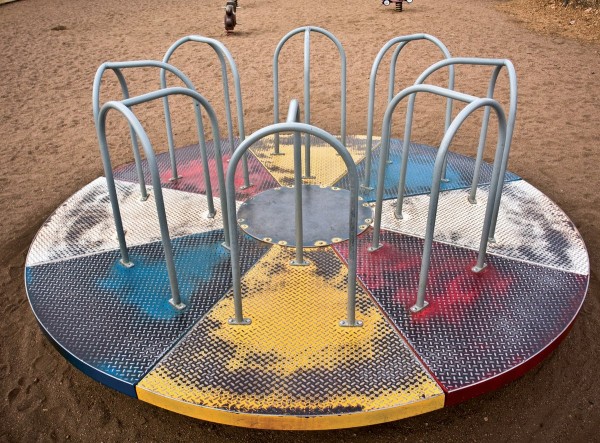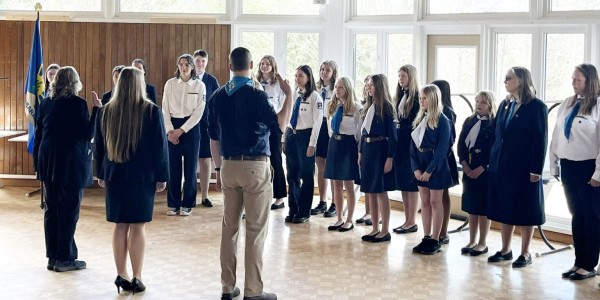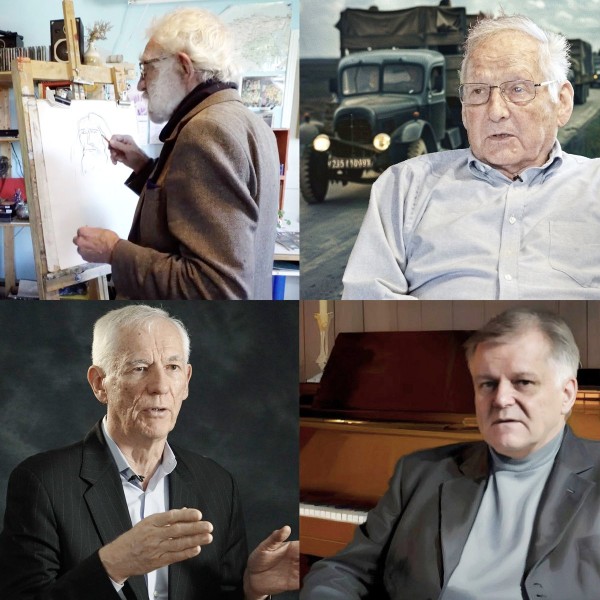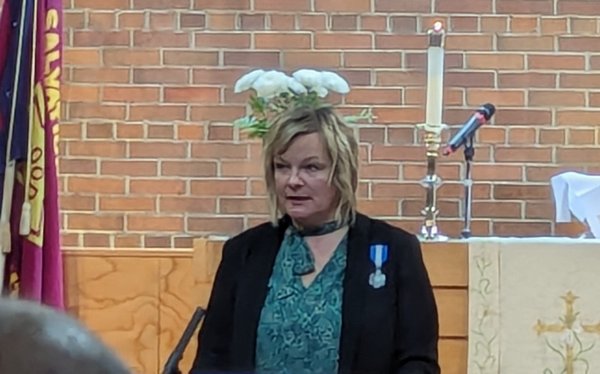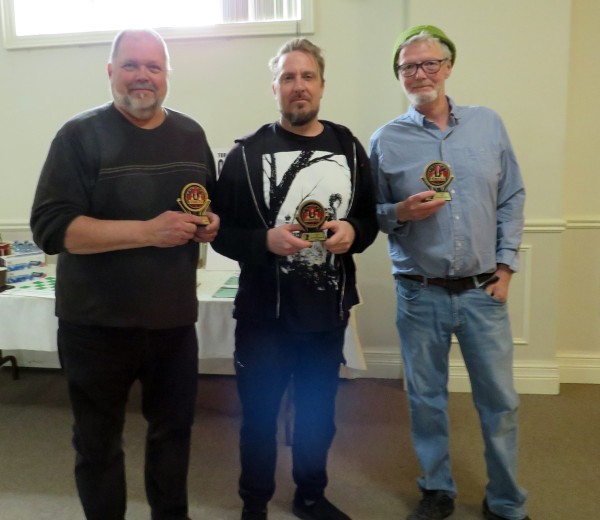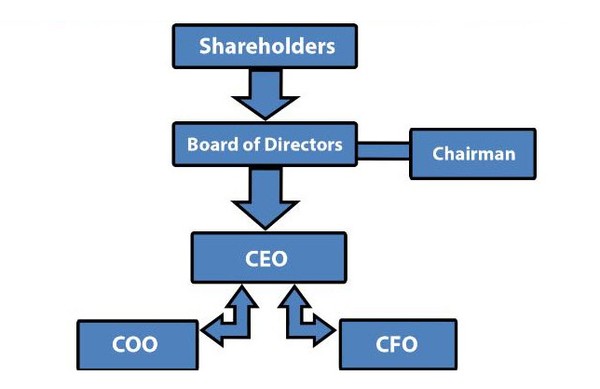
for illustration only
The Due Diligence Report suggests the Madison Project is taking a different approach. Estonian House shares and the corporation’s shareholder structure is increasingly identified as a hurdle in managing the proposed “Keskus.” The report states: “Key legal issues include EH management of a complex and outdated shareholder registry.” (p. 7) Shareholders rely on directors they elect to keep the interests of shareholders at the forefront of the board’s duties. When and how did the Estonian House shareholder registry to become outdated and overly complex? This issue should have been addressed over the “Tulevik” years when opportunities with Tribute and Alterra were being considered. The governance of a shared condo-community development would have included protecting the interests of shareholders and Estonian House Ltd, as such, it would have been equally important to ensure the shareholder registry was in good order at the time of those proposed projects.
To remedy the challenges associated with current state of the Estonian House shareholder registry, the Due Diligence Report noted: “Through this work, it was concluded that capital gains taxes could be minimized if the Broadview Property were donated to a charity specifically set up for this purpose. (It follows)… EH will create a new not-for-profit corporation (NFP). The NFP will ultimately be registered as a charity under the provisions of the Income tax Act.” (p. 10) It is being suggested that shareholders of Estonian House Ltd, as major donors to the Madison Project, forego their equity and their future participation in the direction and management of the “Keskus” by surrendering monies from the sale of Broadview as a donation to a new corporation which will become a charity. Since charities are non-shareholder corporations, the donor focused strategy could make the liquidation of Estonian House Ltd inevitable. Citing Canada Revenue Agency communiques, the president of the Estonian Business Club noted: “Interpretive bulletin IT-491 permits the taxpayer to defer recognition of a capital gain if the proceeds are used to acquire another small business investment. Tax guide on Capital Gains T4037. This implies that when Estonian House sells its property at 958 Broadview it can defer the capital gain provided it acquires the Cultural Centre on Madison.” Hr. Einola went on to conclude: “TO DEFER CAPITAL GAIN ON THE SALE OF 958 Broadview ESTONIAN HOUSE MUST TAKE TITLE TO THE ESTONIAN CULTURAL CENTRE ON MADISON.” (See https://www.eesti.ca/estonian-...)
The Tulge contingency plan sees an opportunity to enhance and encourage increased participation of shareholders in the funding of any possible redevelopment of our current Broadview location. In addition to increasing shareholder equity, a number of government grants, funding programs and other types of financing will maximize financing options. Charitable efforts will focus on organizations and cultural programs that maximize use of our community’s facilities.
The Tulge Külla Steering Committee
Related:
https://www.eesti.ca/what-if-r...
https://www.eesti.ca/why-plan-...
https://www.eesti.ca/revenue-a...
https://www.eesti.ca/financing...






